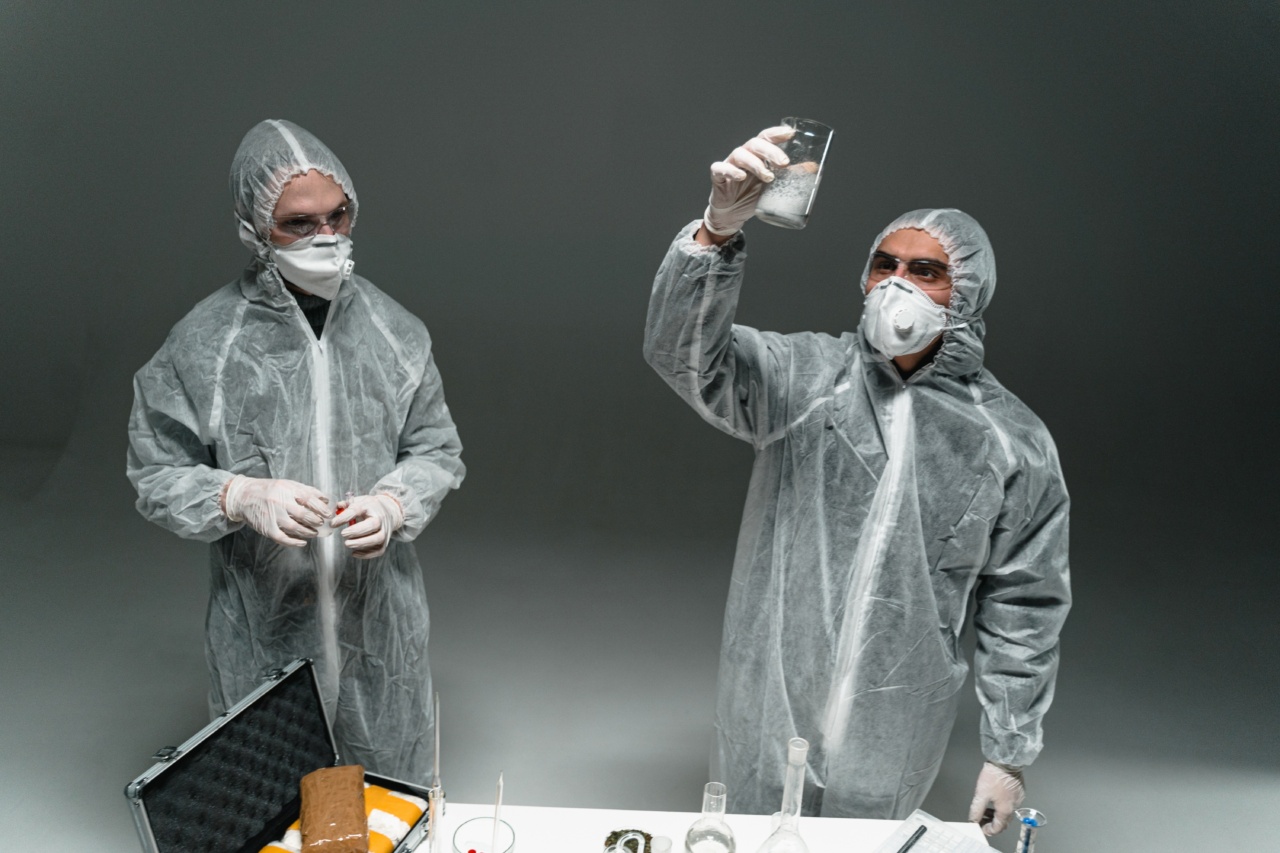Since the beginning of the COVID-19 pandemic, wearing masks has become a necessary part of daily life.
While the primary function of masks is to protect others from potentially infected individuals, there is also the added benefit of reducing the spread of the virus. However, wearing masks can also have unintended consequences regarding communication and emotional expression.
The Study
A recent study published in Frontiers in Psychology aimed to examine how wearing masks impacts emotional expression and perception.
The study was conducted in Switzerland and included 22 participants who wore surgical masks while engaging in various communication tasks.
The participants were recorded on video while speaking, and facial expressions were analyzed using computer software. Additionally, participants completed questionnaires about their emotional experiences during the tasks.
The Results
The study found that wearing masks does not completely hide facial expressions, but rather alters them.
The software analysis showed that participants wearing masks had altered facial expressions, with a specific reduction in the intensity of emotions such as happiness and surprise.
Despite these changes in facial expression, participants reported similar emotional experiences to those without masks.
This suggests that while wearing masks may alter emotional expression, it does not necessarily impact the actual emotional experience.
Implications
The results of this study have several implications for individuals who wear masks frequently.
For those who rely on facial expressions as a form of communication, such as individuals with hearing impairments or those who work in customer service, wearing masks may make communication more difficult. It is important for individuals who rely on nonverbal communication to find alternative methods of expression, such as gestures or written messages.
Additionally, for individuals who may experience anxiety related to communication, such as those with social anxiety disorder, wearing masks may add an additional layer of stress.
These individuals may benefit from seeking support from a mental health professional and finding ways to manage their anxiety during interactions while wearing masks.
The Future
As the pandemic continues, the use of masks will likely remain a necessary part of daily life. This study highlights the importance of continued research into the impact of masks on communication and emotional expression.
It also emphasizes the need for individuals to find alternative methods of nonverbal communication to ensure effective communication with those who may have difficulty understanding verbal communication alone.
Furthermore, as vaccines become more widely available and the pandemic eventually comes to an end, it will be interesting to see if the use of masks continues in certain settings or if it becomes a thing of the past.
Conclusion
While wearing masks may alter facial expressions and make communication more difficult for some individuals, it is important to continue wearing them to protect ourselves and others from COVID-19.
By finding alternative methods of communication and seeking support when necessary, individuals can effectively communicate while still following public health guidelines.































